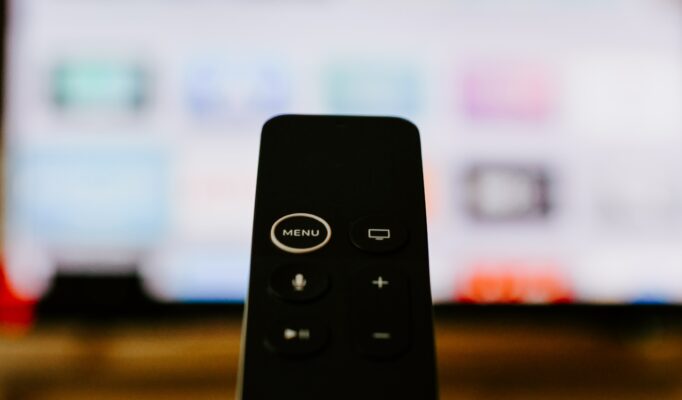Bluetooth technology is widely used for connecting devices wirelessly, such as headphones to a phone or a speaker to a computer.
TV Ears is a better assistive listening solution
One reason is that Bluetooth has a limited range.
While it can transmit signals, obstacles such as walls or furniture can reduce this range.
This can be a problem if the user is not in close proximity to the TV, as they may experience intermittent sound or dropped connections.
Another issue is that Bluetooth uses a shared frequency spectrum, which can lead to interference with other devices that are also using Bluetooth. This can result in choppy audio or other disruptions.
TV Ears, on the other hand, is a wireless assistive listening system specifically designed for use with TVs.
It uses a dedicated frequency band to transmit the TV audio to the listener’s device, which helps to reduce interference and improve sound quality. TV Ears also has a longer range than Bluetooth, allowing the user to move freely around the room without losing the connection.
Audio is an integral part of the television viewing experience, and it plays a crucial role in conveying the emotions and actions of a show. Good audio quality can enhance the immersion of the viewer, while poor audio can distract from the content and make it difficult to follow the plot.
For individuals with hearing impairments, access to clear and accurate audio is even more important.
It’s worth noting that many television shows today are produced with high-quality sound in mind, and a good assistive listening device can help to capture and deliver this audio to the user.
In contrast, a lower-quality solution like Bluetooth may not provide the same level of clarity and detail.
In conclusion, audio is a crucial aspect of the television viewing experience, and it’s important to have a reliable and high-quality assistive listening solution in order to fully enjoy your favorite shows. TV Ears is an excellent choice for those who need assistance hearing the TV, offering a dedicated frequency band, long-range, and excellent sound quality.
And while Bluetooth may be convenient for some applications, it may not be the best choice for connecting an assistive listening device to a TV. TV Ears offers a more reliable and higher quality solution for those who need assistance hearing the TV.



